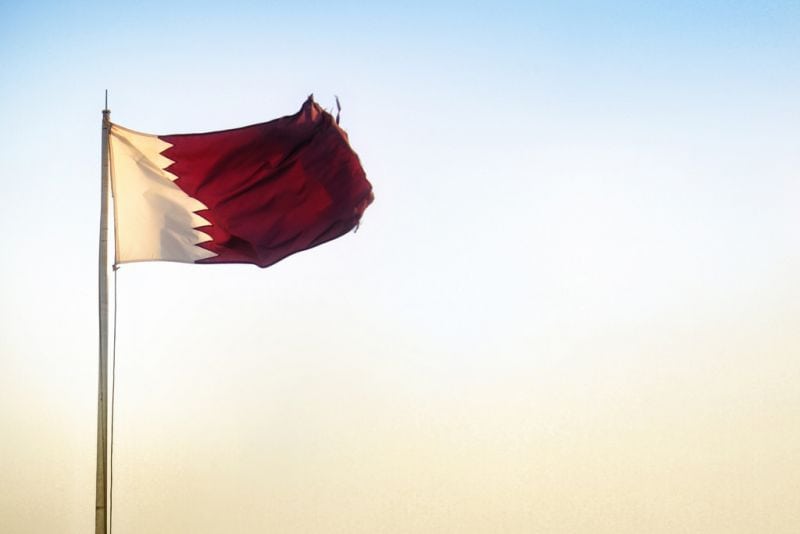DOHA: Two years ago Saudi Arabia, the United Arab Emirates and their allies cut ties with Qatar, sparking a major diplomatic crisis in the Gulf region.
Here is a recap.
– Regional rupture –
Simmering regional tensions boil over on June 5, 2017 when Saudi Arabia and its allies Bahrain, Egypt and the United Arab Emirates announce they are severing diplomatic ties with Qatar.
They accuse it of supporting Islamist movements and seeking closer ties with Riyadh’s regional rival Iran — charges Qatar denies.
The four close land and maritime borders with the Gulf peninsula, suspend air links and expel Qatari citizens.
In a country dependent on food imports, there is alarm over whether the border closures will lead to food shortages in Qatar.
Saudi Arabia also closes the Riyadh bureau of Qatari broadcaster Al Jazeera.
– Demands, blacklist –
On June 22 the Saudi-led bloc sends Qatar a list of 13 demands which include shutting down Al Jazeera, curbing relations with Iran and closing a Turkish military base it hosts.
Doha on July 4 rejects the demands as “unrealistic”.
Saudi Arabia and its allies threaten new sanctions.
On July 25 they unveil a “terrorist” blacklist of 18 groups and individuals suspected of links to Islamist extremists and to Qatar.
The blacklist grows to include almost 90 names.
– Breaking isolation –
Seeking support from outside the region and vowing to uphold its sovereignty, Qatar signs a series of defence deals with foreign powers.
They include a December contract with France for a dozen Rafale fighter jets and 50 Airbus A321 passenger planes, and a deal with Britain to buy Typhoon fighters.
It also buys warships from Italy and F-15 fighter jets from the United States.
In January 2018 it approves legislation allowing 100-percent foreign ownership in most sectors of its economy.
Previously reliant on its Gulf neighbours, it increasingly turns towards Iran and Turkey, particularly for food imports.
– Saudi threat –
In April Qatar ruler Sheikh Tamim bin Hamad Al-Thani says “we do not and we will not tolerate people who fund terrorism” during a meeting in the US with President Donald Trump.
Trump calls him “a friend”, softening his tone after having supported the Saudi-led bloc and accusing Qatar of funding terrorism.
In June French daily Le Monde reports that Saudi Arabia threatened military action against Qatar if it acquired Russia’s top-of-the-range S-400 air defence missile system.
– International justice –
In late June the dispute moves to the UN’s top court, the International Court of Justice (ICJ) in The Hague, where Qatar accuses the UAE of racial discrimination and human rights abuses against its citizens in the Emirates.
The court orders the UAE in July to protect the rights of its Qatari citizens, including by ending measures that would stop Qatari students from completing their studies.
The UAE in May 2019 accuses Qatar before the ICJ of “aggravating” the two-year-old crisis and of “false accusations”.
A day later, Qatar accuses the Emirates of a “campaign of violence and hatred” against its citizens.
The UAE detains for a week a Qatari military ship that had violated its territorial waters.
– Contact in Makkah-
In May 2019 there is the first high-level contact between the opposing sides in two years when Qatar’s Prime Minister Sheikh Abdullah bin Nasser Al-Thani attends three regional summits in Saudi Arabia’s holy city of Makkah.
[source_without_link]Agence France-Presse[/source_without_link]

